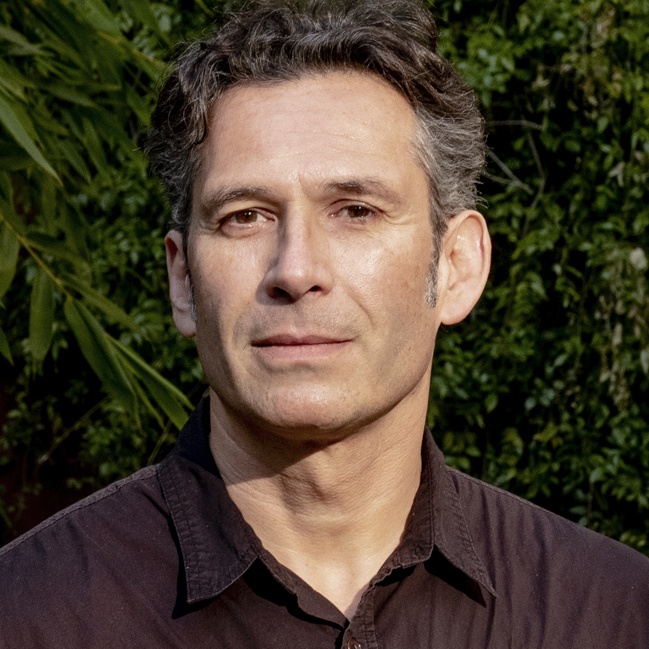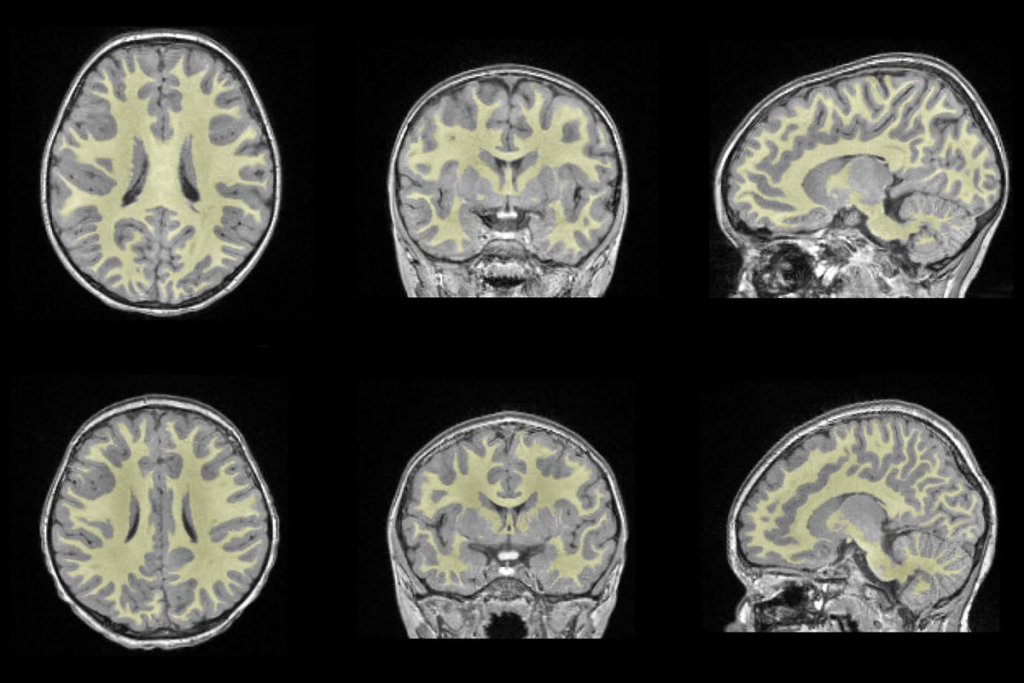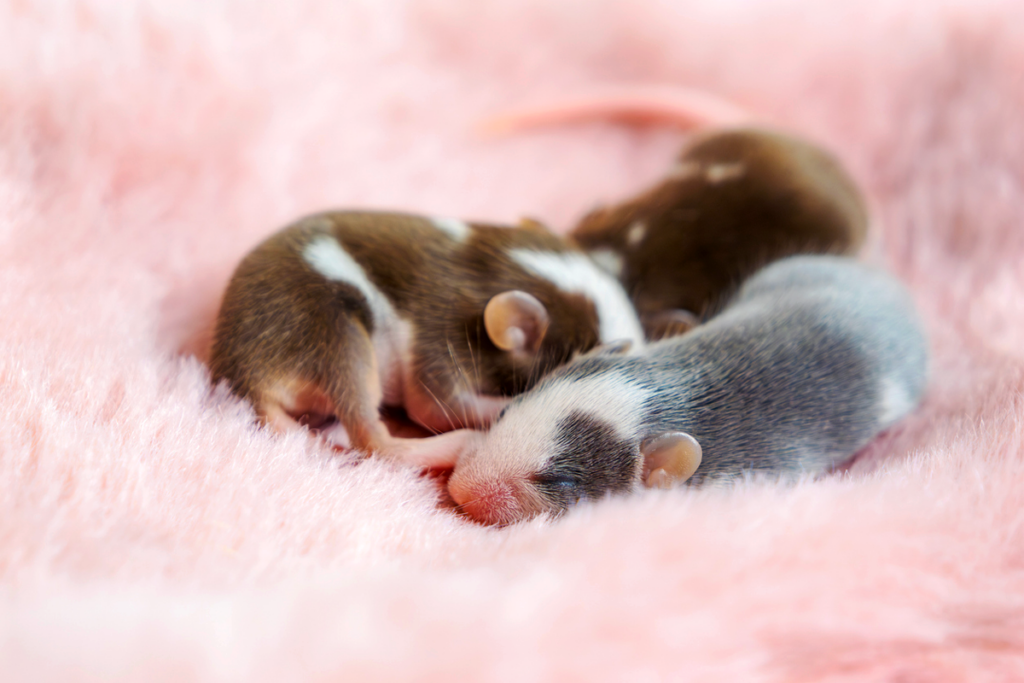Konstantinos Zarbalis is assistant professor of pathology and laboratory medicine at the University of California, Davis and assistant investigator at the Shriners Hospital for Children in Sacramento, California.

Konstantinos Zarbalis
Assistant professor
University of California, Davis
From this contributor
Big brains may hold clues to origins of autism
The brain enlargement seen in many children with autism may reveal hints about the condition’s causes.

Big brains may hold clues to origins of autism
Explore more from The Transmitter
David Krakauer reflects on the foundations and future of complexity science
In his book “The Complex World,” Krakauer explores how complexity science developed, from its early roots to the four pillars that now define it—entropy, evolution, dynamics and computation.
David Krakauer reflects on the foundations and future of complexity science
In his book “The Complex World,” Krakauer explores how complexity science developed, from its early roots to the four pillars that now define it—entropy, evolution, dynamics and computation.
White-matter changes; lipids and neuronal migration; dementia
Here is a roundup of autism-related news and research spotted around the web for the week of 13 January.

White-matter changes; lipids and neuronal migration; dementia
Here is a roundup of autism-related news and research spotted around the web for the week of 13 January.
Fleeting sleep interruptions may help brain reset
Brief, seconds-long microarousals during deep sleep “ride on the wave” of locus coeruleus activity in mice and correlate with periods of waste clearing and memory consolidation, new research suggests.

Fleeting sleep interruptions may help brain reset
Brief, seconds-long microarousals during deep sleep “ride on the wave” of locus coeruleus activity in mice and correlate with periods of waste clearing and memory consolidation, new research suggests.